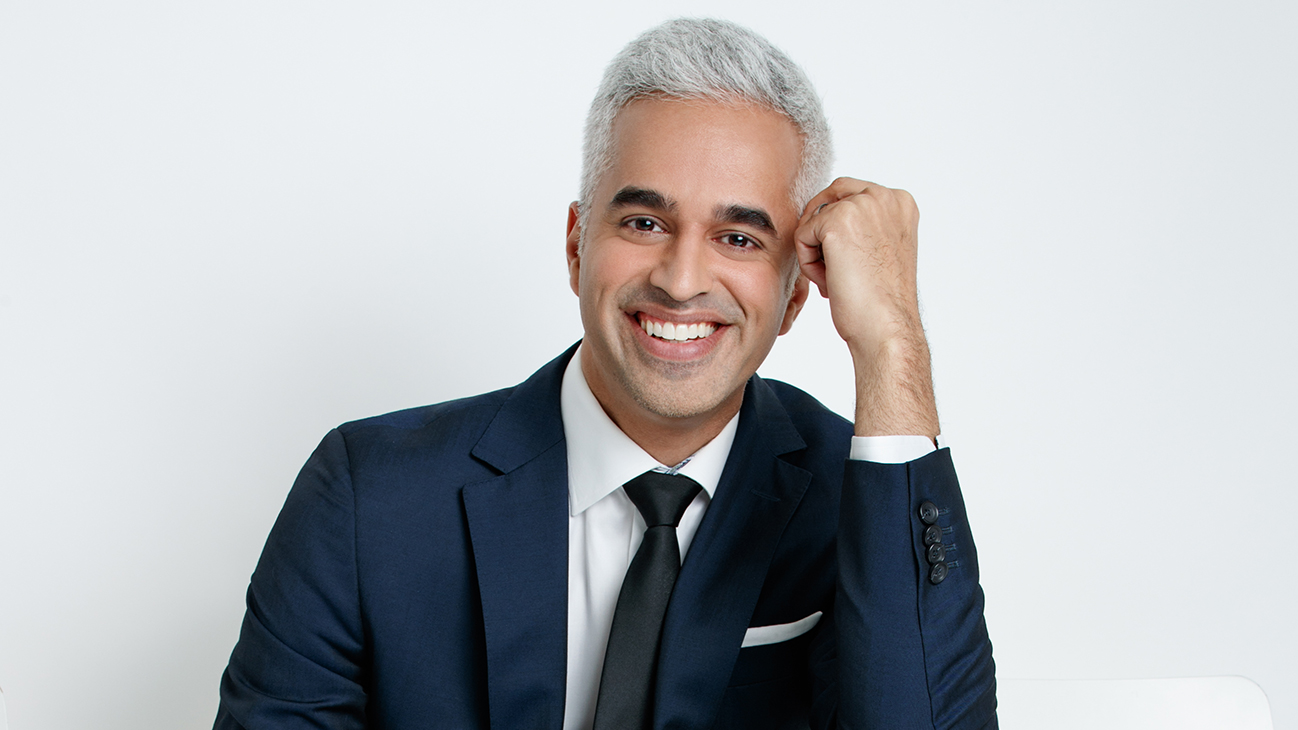While grief is universal, the experience of it is unique for each person and as a society, we have a hard time talking about it.
Two years into a worldwide pandemic, many are grieving something — from the loss of a pre-pandemic life to the most extreme form of losing a loved one. As an expert on human connection and building relationships, Riaz Meghji joined Cityline’s Tracy Moore to explore grief and how best to support those in mourning and truly be there for them when they need it most.
How to Talk About Grief
Riaz recently lost his mother, just two years after losing his father. This prompted him to post a video on his YouTube channel sharing lessons learned from his experience grieving. He wanted to help others understand how they can best support someone through such a difficult time.
After seeing Riaz’s video, Cityline’s Tracy Moore invited him to share his lessons as part of their “Talk Tuesdays” segment. Here’s what we learned:
Show Up with Empathetic Curiosity and Ask Meaningful Questions
Often in time of grief, people’s go-to words of comfort are phrases such as “I know what you’re going through” or “may they rest in peace” or “they’re in a better place.” While the intention is good, phrases like this tend to dismiss a person’s personal experience with grief and often end the possibility of a conversation.
Instead, Riaz recommends that you change it into a question — ask first, talk second, he said. It’s about creating a space for people to share something personal so you can get a sense of their reality, and then follow that up with action and words. Show up with empathy and, above all, curiosity, Riaz said.
Start by asking about the person they lost — “what do you want me to know about them?” While it can be a painful subject, Riaz said, often people want to celebrate the person they lost.
Then, once they’ve had a chance to open up, Riaz continued, follow up with “what gives you comfort now?” This takes the place of “let me know how I can help.” Don’t wait for someone in grief to tell you what they need, Riaz said, because they won’t. By asking them the right questions, you can pick up clues about what they really need and actually make their lives easier during this dark time, he continued.
Lean into the Discomfort Instead of Leaning Away
People often feel awkward talking about loss and grief, Riaz said. But showing support can be as simple as acknowledging it — let them know that you heard and that you are thinking of them.
Grief can be isolating and lonely, Riaz continued, especially in social settings. If people don’t say anything, it can be very alienating for someone in grief, they’ll feel alone with their feelings. So, even if you feel discomfort in bringing it up, lean into that discomfort because they need you too. Don’t ignore what happened, don’t ignore the topic, Riaz said.
Simply saying “I heard the news” or “I can’t imagine what you are going through” or just hugging them lets them know they are not alone. Acknowledge their pain, let them be in pain, and feel their pain with them before you try to fix it. Hold them, see them, and acknowledge, Riaz said.
Be Consistent
Death is a date in the calendar, Riaz said, but grief is the calendar. It hits you in different moments at any point of any day, week, month, year. So, after that initial support fades, reach out to your friends, check in with them, and watch the difference it can make.
You can’t talk someone out of pain, Riaz said, but you can sit with them in it. If you want to help a loved one, be courageous for them, be consistent, and be willing to join them on their journey.
Watch Riaz’s full interview on Cityline:
Riaz Meghji is the bestselling author of Every Conversation Counts: The Five Habits of Human Connection That Build Extraordinary Relationships. An accomplished broadcaster, he spent 17 years interviewing experts on current affairs, sports, entertainment, politics, and business. Along the way, he not only learned the power of a candid conversation, but also how to put it into practice.
Interested in learning more about Riaz and what he can bring to your next event? Email us at [email protected].




